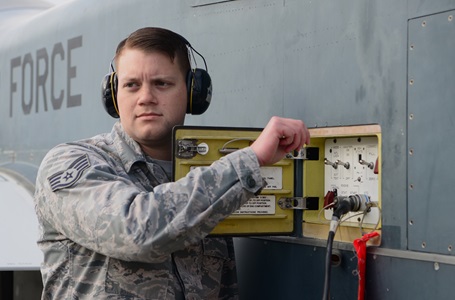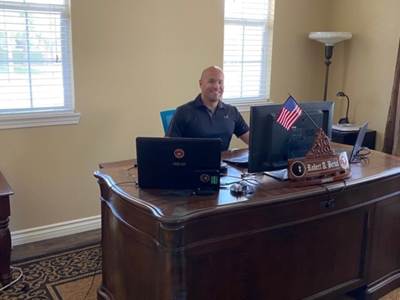
Veterans Transitioning to Civilian Careers
Leadership, communication, teamwork, resource planning and competitive strategy are qualities most veterans acquire while on active duty. These valuable skills are transferable to a variety of civilian careers as you transition out of the military. Networking can be a powerful tool in your job search; it connects you to people who need what you have.
Networking Strategies
Consider joining veterans' organizations that have networking events. They allow you to connect to an extremely vast network of veterans who understand your concerns, anxieties, struggles, desires and goals. We work with several of these organizations to attract military veterans who are looking to transition into civilian careers. Managers want to hire people who are not only competent, but who they would also enjoy working with, so be positive and never bad-mouth your current or previous employer or leadership.
Remember that companies are looking to fill positions and want to make meaningful and memorable connections with candidates. Put your best foot forward, put away your nervousness and engage in conversation.
Career Fair Tips and Strategies
Scroll through these tips and tricks to help prepare you for the event.
Interview Tips
- Preparation is key to a successful interview.
- Review the job description.
- Perform an internet search of the job title and see what results appear online, including other individuals who have the position currently.
- Create a list of career accomplishments that support your candidacy for the position.
- Prepare a list of questions specific to the position, company and employer benefits offered.
- During the interview, take time to reflect on your answers, be confident in the valuable skills and experience you have, and remember to relax, smile and breathe.
- After the interview, send a thank-you note to the interview team and follow up with the recruiter to get the status of your candidacy.
- Handwritten notes are memorable, but not always necessary. A well-written email can be very effective and is timelier. If you don't have the manager's email address, it is okay to ask the recruiter to forward your note on to the manager.
Most importantly, never settle. Your experience is unique and valuable; your career should be too.
Additional Resources
- Check out our Military Transition Guide with more helpful tips on how to navigate this process.
- Learn more about our Department of Defense Skillbridge (DOD) Military Internship Program.
- Browse our Military Skills Translator job search page and use a keyword to identify potential opportunities that fit your skills and experience.
- Once you've identified the types of positions you are qualified for, set up your profile, upload your resume and begin applying for positions.
- Search for events and career fairs where Northrop Grumman recruiters will be present.
Featured Employee Stories
- Learn how Kenny Robinson, Vice President of Engineering and Sciences, incorporates his experiences from the U. S. Air Force to lead at Northrop Grumman.
- Hear from Jason Corrigan, Director of Business Development, who shares how he continues his mission as a veteran at Northrop Grumman.




